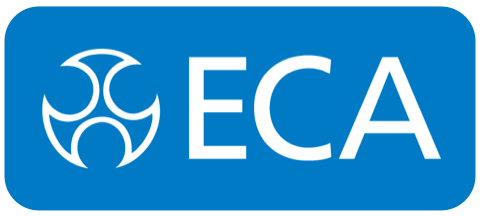Employment Status Guidance & IR35
Employment Status Guidance
Employment status is becoming an increasingly high-profile issue. This reflects the growing importance of new ways of working, such as in the so-called ‘gig economy’. Keen to enlarge its revenue from income tax and national insurance contributions (NICs), the UK Government has also been adopting a tougher line on employment status, ‘cracking down’ on various arrangements perceived to facilitate what is often termed ‘false self-employment’. In addition, court cases involving the likes of Uber, Deliveroo and Pimlico Plumbers mean that at the moment the topic of employment status is seldom out of the media and political spotlight.
This guidance provides details on the identifying the main types of employment and the obligations of employers for each type.
Read the Employment Status Guidance here>
IR35 Tax Rule Changes
New and significant taxation rules replaced IR35 in the private sector in April 2021.
The new off-payroll working rules move the requirement to assess the individual’s employment status from the Personal Service Company (PSC) to their end client in the labour supply chain.
A Personal Service company (PSC) is a company owned by a person who is generally the only employee/worker of the company itself.
Watch an ECA webinar on IR35 by industry expert Liz Bridge, delivered in March 2021:
From April 2021, large businesses will be required to check the employment status of anyone working for them indirectly through a personal limited company using an online test known as CEST. Many companies using PSCs will find that they have to tax the PSCs as employees and pay PSC fees after deduction of PAYE and national insurance.
If the same individual has been providing services under the same contract conditions in previous tax years, HMRC could use Discovery Assessment Rules to claim tax for previous years.
